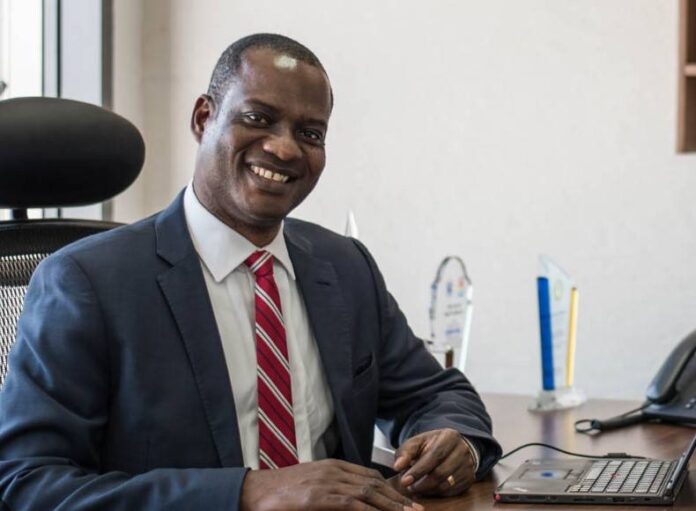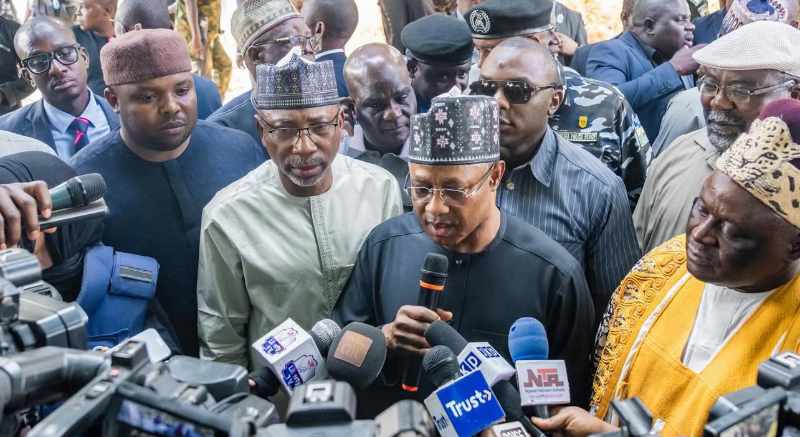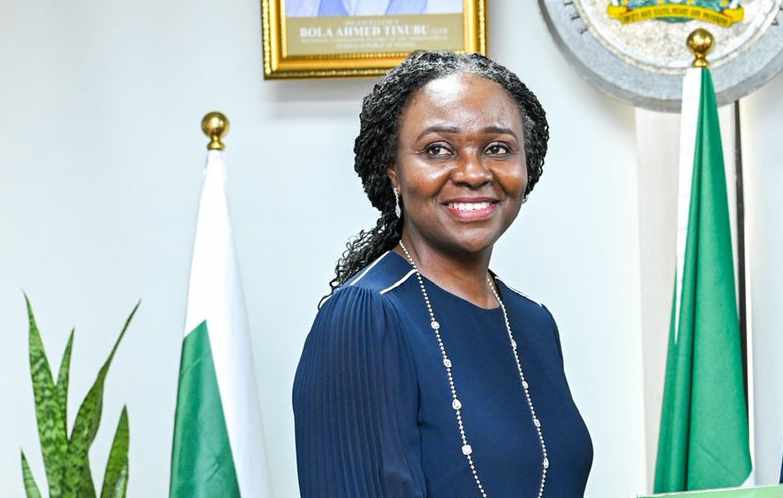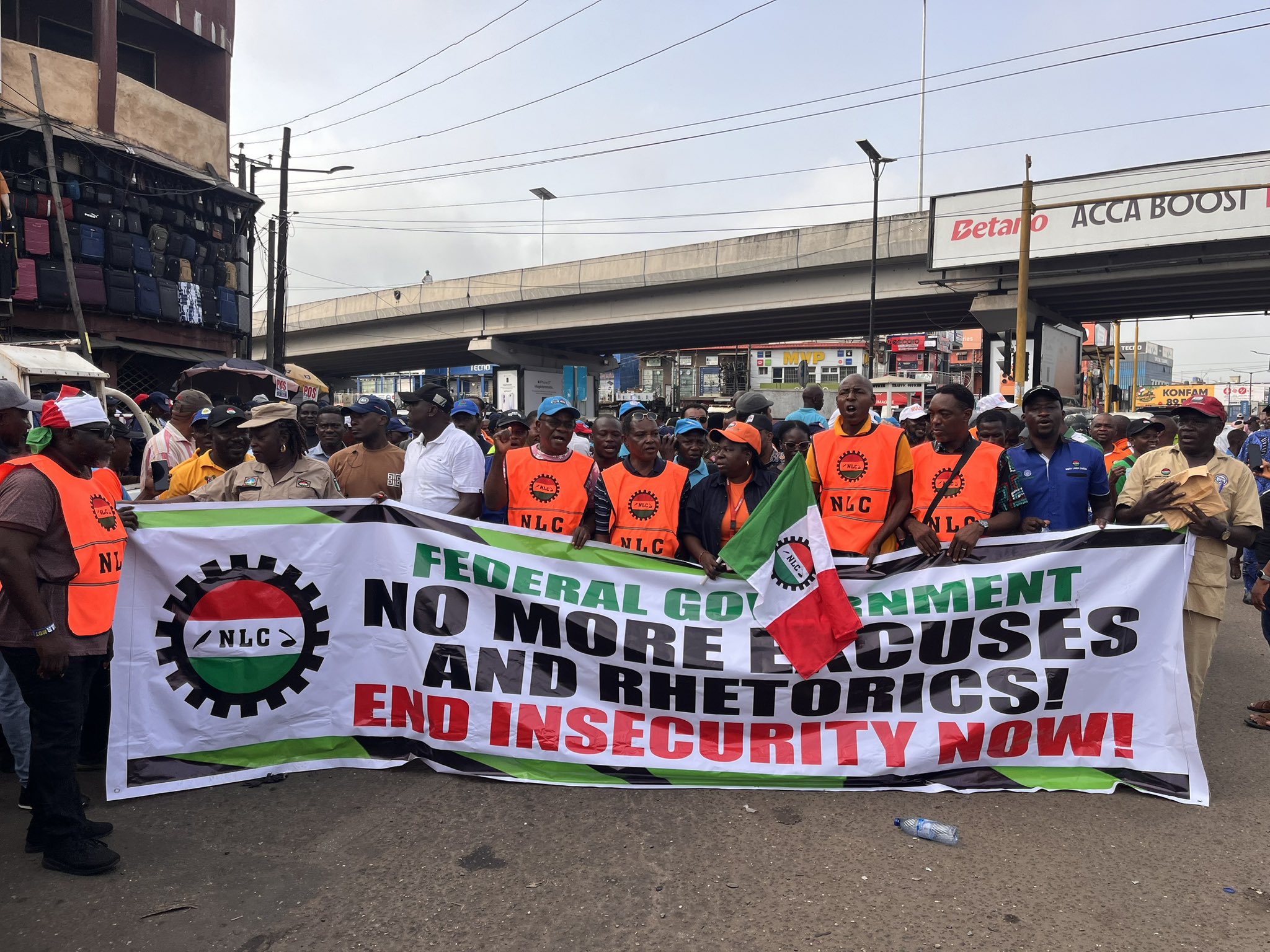Rapid reform of Nigeria’s tax system is essential
Published on 2023 July 10, Monday Back to articles
PwC’s Taiwo Oyedele will head the new tax reform committee
President Bola Tinubu has begun the process of reforming Nigeria’s tax system. He has appointed a tax expert to lead a high-level committee tasked with reforming the system to simplify the process while simultaneously increasing its efficiency.
Business owners have consistently complained about the plethora of taxes that they have to pay to operate in the country. Telecom companies claim that they are subject to as many as 39 different Federal, state, and local taxes. Manufacturers complain about the 60 or more taxes they have to pay, including many that duplicate those levied by various government agencies or states. Because of the multiple agencies and layers of governments with which companies must interact, the cost of administering them can be comparable to the tax burden itself. Despite this, Nigeria’s tax collection rate — compared to the size of the economy — is amongst the lowest in the world. Nigeria’s collection rate is very weak and amongst the lowest in the world. Last year tax revenues only accounted for 10.81% of the economy’s size which is roughly half the average for most African countries, and a third of the European average.
The efficacy of previously attempted tax reforms has been poor. The 2017 launch of the Voluntary Asset and Income Declaration Scheme (VAIDS) failed to achieve its goal of increasing tax compliance. After failing to reach its revenue targets for more than three years, the Federal Inland Revenue Service’s (FIRS) director was eventually fired.
The widespread reluctance to pay taxes has been partially attributed to Nigeria’s ineffective tax administration. Other issues include the fact that the majority of Nigerians are forced to resort to paying for basic services — including roads, electricity, healthcare, and education — which are provided by central and local governments in most other countries. The widespread corruption amongst public officials has also resulted in a collapse of trust between the governments and the people they are supposed to serve.
Because of the collapse of oil revenues which had previously financed the Federal Government, and stagnating non-oil taxes which might have helped closed the funding gap, it was forced to rely on borrowing and printing money. It is currently heavily indebted with debt servicing costs now exceeding its total revenues. It has had to resort to printing so much money that inflation reached its highest level in 18 years in May. Reforms are therefore essential because the only remaining viable option is to increase tax collection.
The government therefore wants to tax the huge informal sector but this will be resisted by criminals and other non-state actors that collect ‘taxes’ from market traders in an effective protection racket. The fact that President Tinubu’s biological daughter is also a prominent player in the informal sector presents additional complications. If, however, he is successful in implementing the essential tax reforms, it would fundamentally alter the government’s finances.
This excerpt is taken from our Nigeria Politics & Security weekly intelligence report. Click here to receive a free sample copy. Contact info@menas.co.uk for subscription details.


